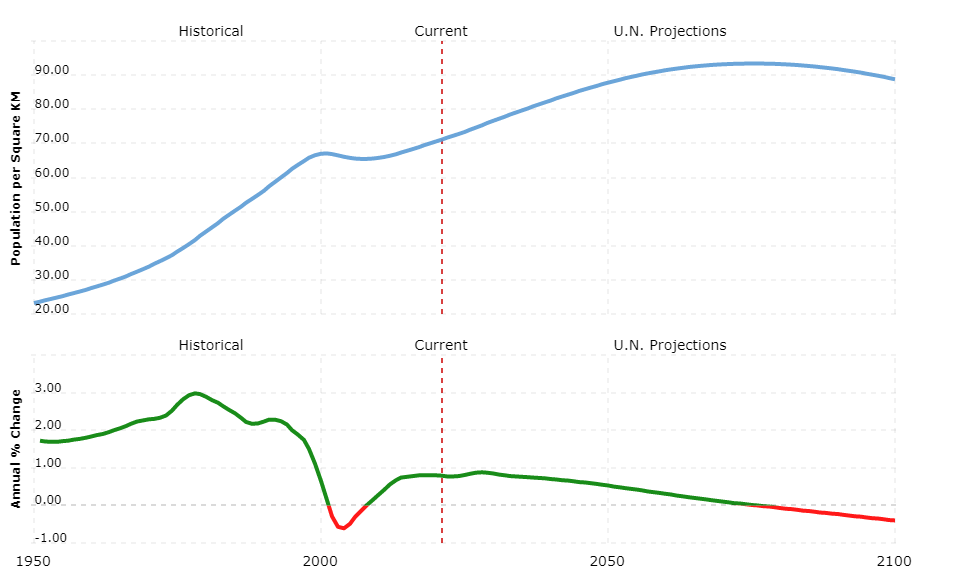Lesotho Culture and Literature
THE STATE Lesotho is a constitutional monarchy, which achieved complete independence on 4 October 1966. The 1993 Constitution stipulates that the Parliamentary Assembly be elected by universal suffrage for 5 years. The executive, judicial and legislative power rests with the government, chaired by the prime minister, who is the leader of the majority party. The… Read More »

